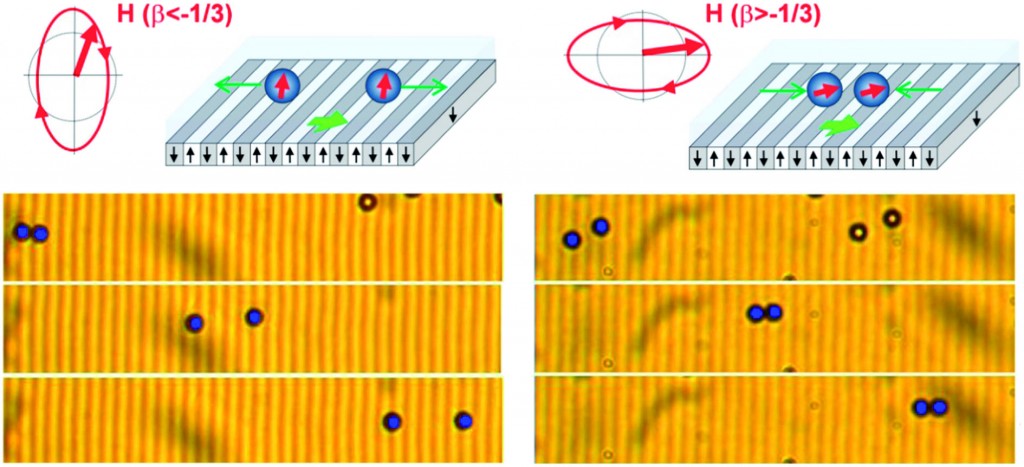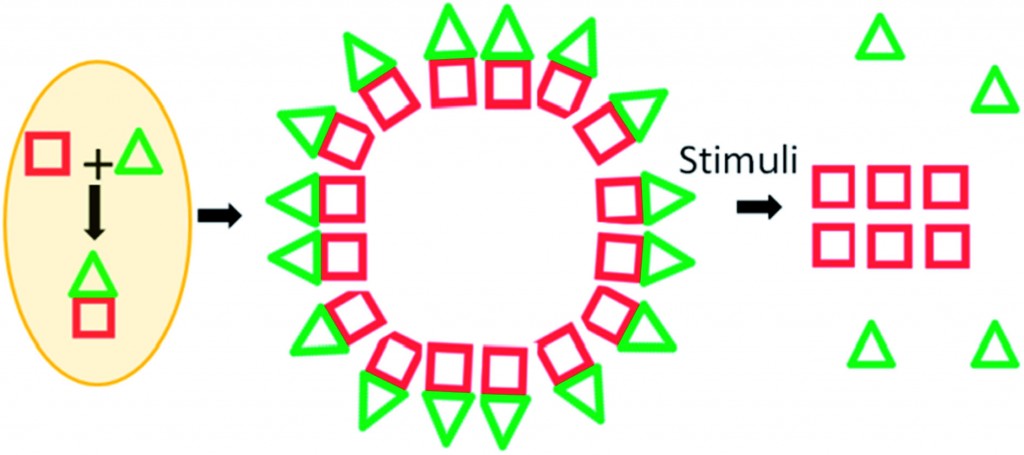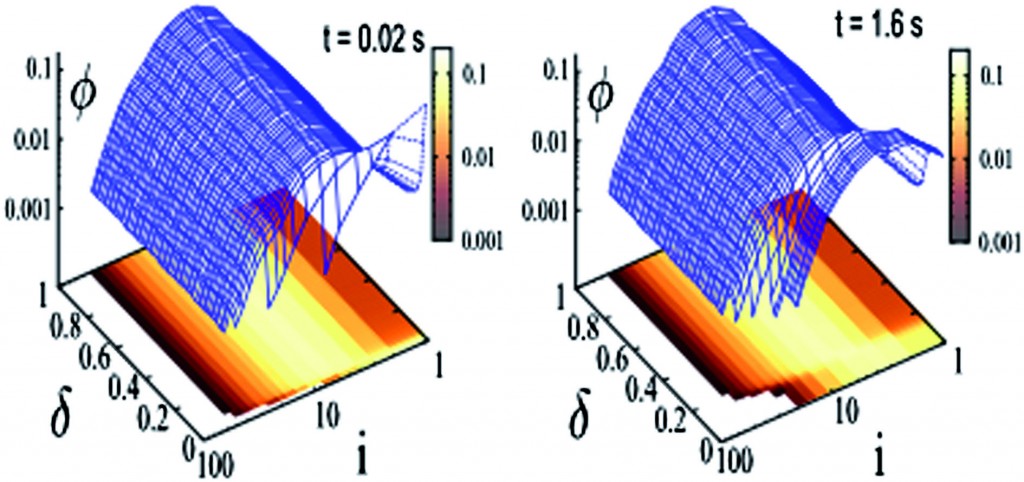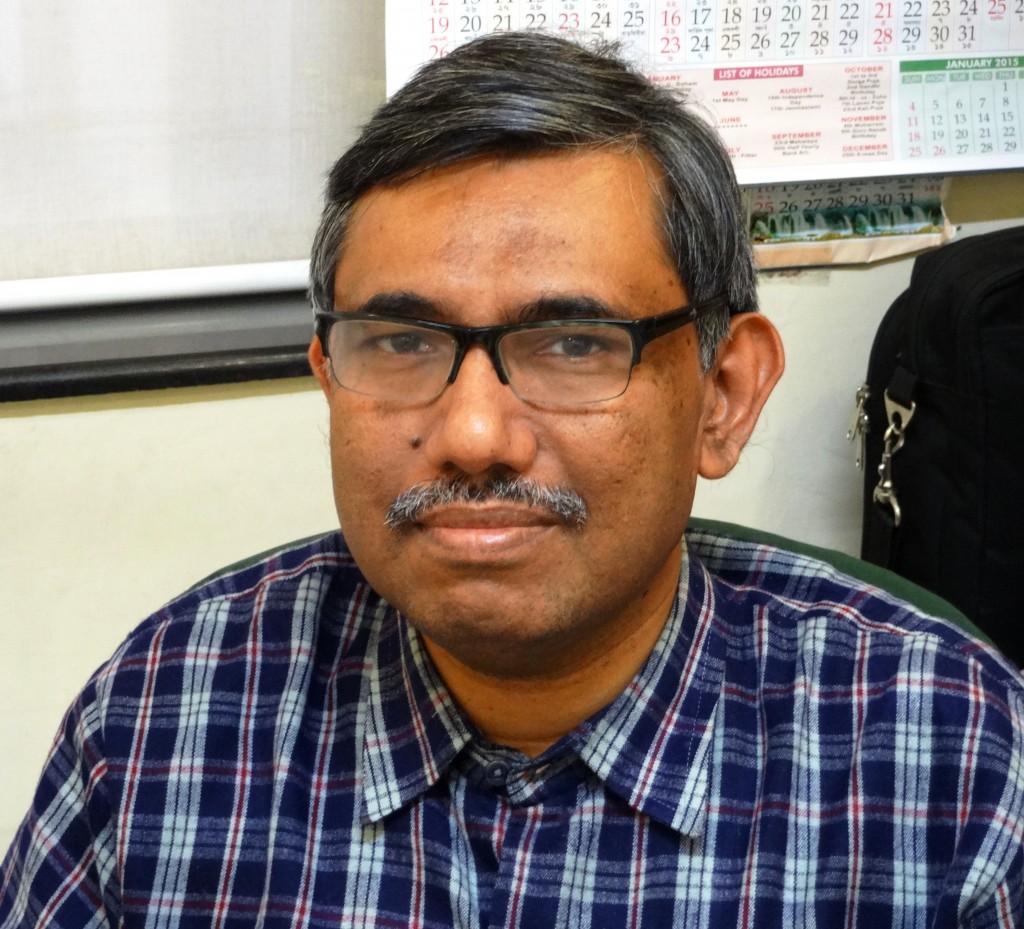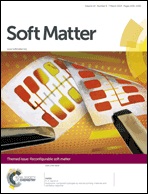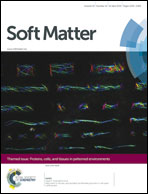 The Soft Matter themed issue on Proteins, cells, and tissues in patterned environments is now online! Guest Editors Ulrich Schwarz (University of Heidelberg), Celeste Nelson (Princeton University) and Pascal Silberzan (Institut Curie) introduce the issue in their Editorial.
The Soft Matter themed issue on Proteins, cells, and tissues in patterned environments is now online! Guest Editors Ulrich Schwarz (University of Heidelberg), Celeste Nelson (Princeton University) and Pascal Silberzan (Institut Curie) introduce the issue in their Editorial.
Over the last two decades, the role of spatial coordination has increasingly moved into the focus of researchers working on biological systems. Using tools from materials science, it has been revealed that the amazing capacity of biological systems to organize themselves strongly depends on the way the environment is spatially structured. For this themed issue, researchers from the biophysics, biophysical chemistry, cell biology and bioengineering communities were invited to contribute studies based on spatially controlled environments which can be used as modulators, control elements or sensors for the self-organized assembly of proteins, cells and tissue. Below are just some of the excellent papers we received:
On the cover:
Alignment of nematic and bundled semiflexible polymers in cell-sized confinement José Alvarado, Bela M. Mulder and Gijsje H. Koenderink
Communications:
Co- and distinct existence of Tris-NTA and biotin functionalities on individual and adjacent micropatterned surfaces generated by photo-destruction Atanu Biswas, Abhijit Saha, Dhruba Ghosh, Batakrishna Jana and Surajit Ghosh
Papers:
Three-dimensional patterning of multiple cell populations through orthogonal genetic control of cell motility Joanna L. MacKay, Anshum Sood and Sanjay Kumar
Oscillations of Min-proteins in micropatterned environments: a three-dimensional particle-based stochastic simulation approach Max Hoffmann and Ulrich S. Schwarz
Cellular self-organization on micro-structured surfaces Peter J. F. Röttgermann, Alicia Piera Alberola and Joachim O. Rädler
Optimal shapes and stresses of adherent cells on patterned substrates Shiladitya Banerjee, Rastko Sknepnek and M. Cristina Marchetti
Intracellular stresses in patterned cell assemblies Michel Moussus, Christelle der Loughian, David Fuard, Marie Courçon, Danielle Gulino-Debrac, Hélène Delanoë-Ayari and Alice Nicolas
Hyperswarming adaptations in a bacterium improve collective motility without enhancing single cell motility Maxime Deforet, Dave van Ditmarsch, Carlos Carmona-Fontaine and Joao B. Xavier
Find the full issue here!
Comments Off on Proteins, cells, and tissues in patterned environments: themed issue now published!


